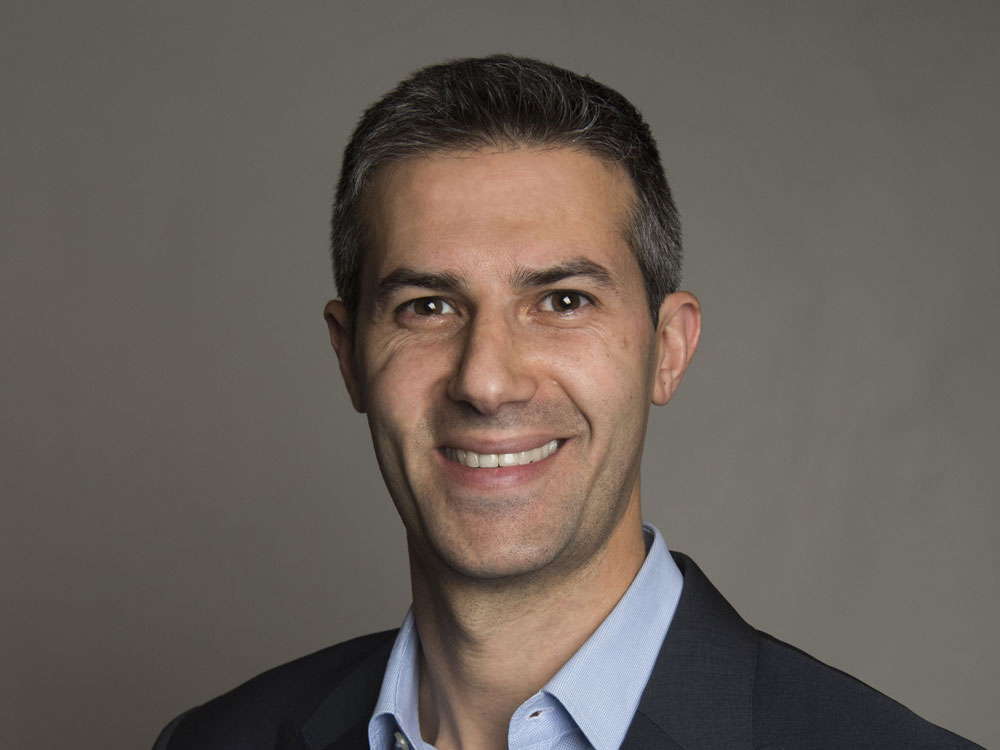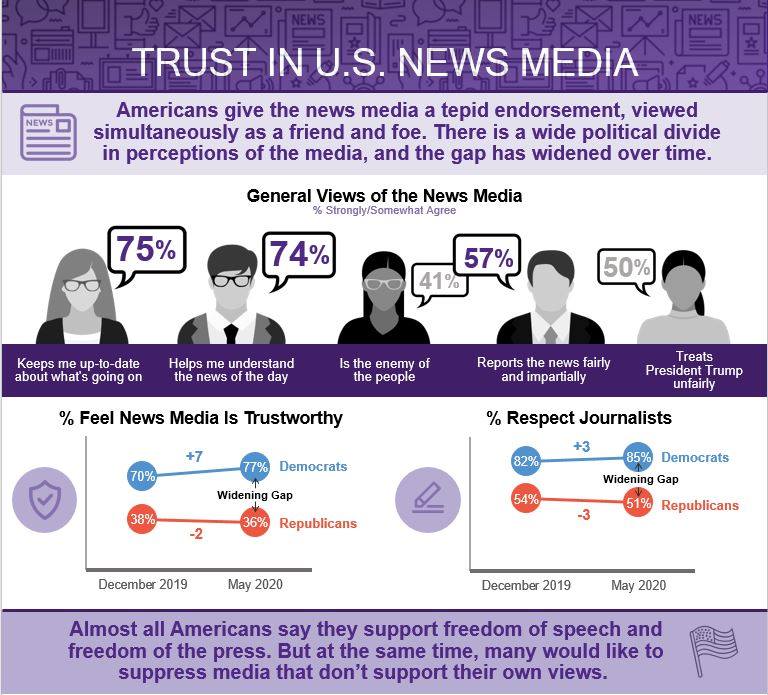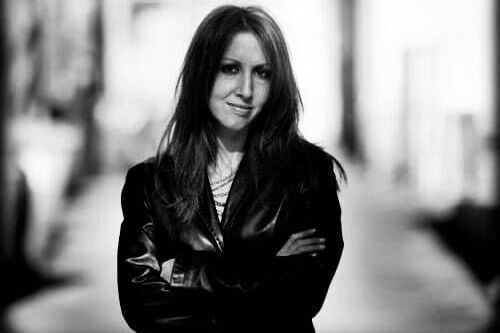Employers, don’t cancel those internships — make them remote
By Melissa Santoyo (BSJ23)
When COVID-19 first hit the U.S., I was extremely fortunate that the pandemic only ruined the spring quarter of my freshman year and my summer study-abroad plans. But as a low-income, first-generation college student, I scrambled to find something to fill the few months of vacation. Because whereas my wealthier peers could probably afford to spend a summer unemployed, I am constantly racing against the clock, asking myself, “How long do I have until graduation and what can I do to make sure I’ll be hired after that?”
I am the daughter of Cuban immigrants, and I inherited their tenacity. My hunger to succeed is the product of growing up in a country that seems to constantly work against people like me. So, I scoured the internet for summer internships to keep busy, to hone marketable skills, to move forward.
After 30 emails to editors at various publications, I scored an unpaid internship — and an outside scholarship.
I know that, as a student at a private institution, I am incredibly privileged to be able to take up such a summer task. But still, I urge employers to keep internship opportunities available for students, even if they must be remote. Otherwise, as in my case, many of us wouldn’t have access to professional connections.
As a student collaborator on the well-regarded internship program at Northwestern University, I see firsthand the value of on-the-job experience. But earlier this year, when our journalism residency director Karen Springen and I started a small journalism research project called The Intern Factor, we quickly realized hands-on experience outside of the classroom is even more important than we thought. Of the 1,156 alumni of the Medill School of Journalism who responded to a short online survey, 683 gave the top rating (“very valuable”) to their internships’ ability to help them find meaningful full-time employment.
That makes it even more upsetting that many internships have been rescinded, albeit for a good reason (a global pandemic). A poll by the National Association of Colleges and Employers found that 22% of employers were revoking their offers to interns this summer, and a Yello survey found that more than a third of students said their offer was canceled.
“I can’t fathom what those students are going through now,” says Gustavo Paredes, who works in client services at a technology company and interned for a Buenos Aires newspaper in 2019 through a Northwestern University program covered by his financial aid. “My experience played a pivotal role in where I am.”
Without a college internship at what is now called Florida Today, “I wouldn’t have landed that first job,” says Northwestern alum Scot O’Hara, who currently works in financial-industry communications. “It made all the difference in the world.”
We understand why companies are canceling their summer internships. After all, hiring managers are often unsure of their own jobs and of their ability to give students a good “remote” experience.
Still, the rescinders quickly earned some bad social media PR while the keepers (including PepsiCo and Apple) earned high praise and gratitude. Paredes’ employer decided to still hire a dozen summer 2020 interns, who are working remotely. “People like myself said, ‘These internships play a pivotal role for these young adults,’” he says.
Internships are a two-way street. Young people get training, experience, connections and, in the case of journalists, published “clips.” But their older bosses arguably get even more from the deal. Their students bring fresh ideas and tech savvy, teaching their on-the-job mentors how to, say, build a line graph on a Google spreadsheet. Interns offer important insight into Gen Z tools such as TikTok and Snapchat. They also help fill in when regular employees are on vacation or family leave. And, perhaps most important, they bring the energy of youth. “I find the enthusiasm that the interns bring is even a bigger payoff,” says O’Hara. “It just revitalizes the whole department.”
Sure, coronavirus-caused remote internships aren’t ideal. It’s nicer for students to sit in person next to experienced reporters and editors, overhearing how they conduct interviews, bumping into them in the elevator and grabbing coffee with them. But the cancelers forgot that most young people are extraordinarily flexible and willing to Slack and Zoom.
My own remote internship has so far been an incredible learning experience. Not only is my work being published, but I’m learning about the intricacies of journalism outside of the Medill classroom. From hunting down PR contacts to working a 9-to-5 schedule, there are things J-school can’t teach.
“If the college curriculum gave me the basics and the tool kit, the internships gave me the opportunity to really build,” said Gina Mangieri, a TV reporter in Hawaii who holds bachelor’s and master’s degrees from Medill and completed six internships. “If you can’t actually go do it and practice it, you’re not going to learn everything you need to learn in the classroom.”
During internships, students typically discover their interests, their strengths and their passions. They learn to pitch their own ideas and to be proactive. They also learn about how corporations do (or don’t) follow their mission statements. They learn to feel more confident in their abilities. And during this short period of professional experience, they figure out what they like, and don’t like, doing.
Students often realize they love — or hate — a city like New York. They see that they like researching better than writing — or vice versa. They learn to multitask, get up early, keep to a tight schedule and talk to people. Dream jobs change. They get a clear idea of what they’d like to do after graduation. They see what matters to bosses: attention to detail, dedication, hard work.
Despite bright spots like Report for America (similar to Teach for America), there need to be more places where young people can make connections and also figure out who they are and who they want to be.
After all, soon the Class of COVID-19 and its immediate successors will be the bosses.
Melissa Santoyo is a rising sophomore at Northwestern University’s Medill School of Journalism, Media, Integrated Marketing Communications.

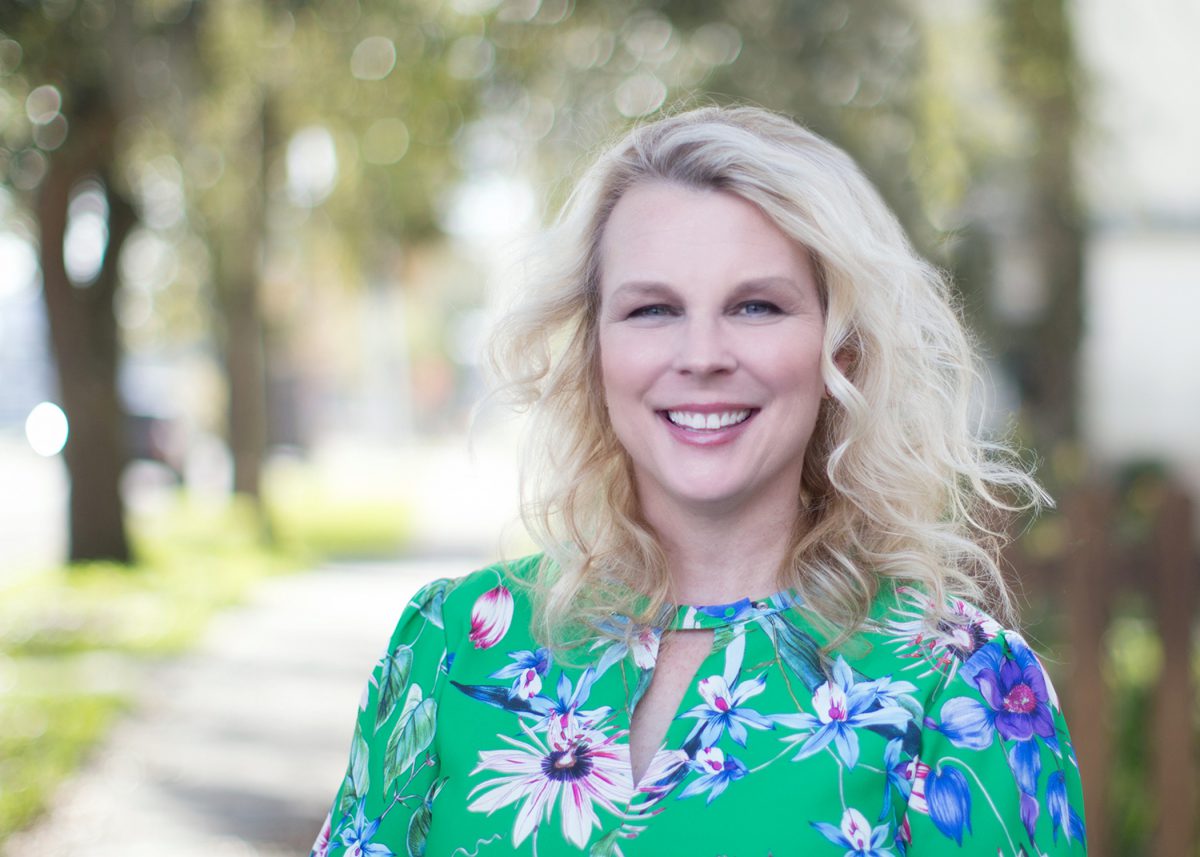

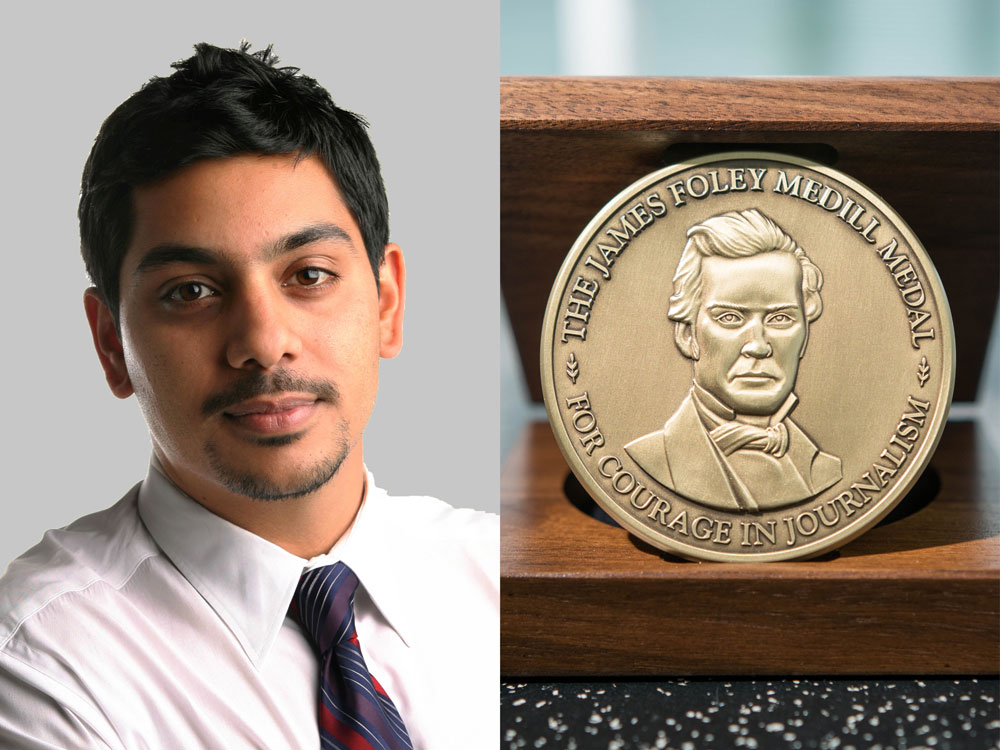
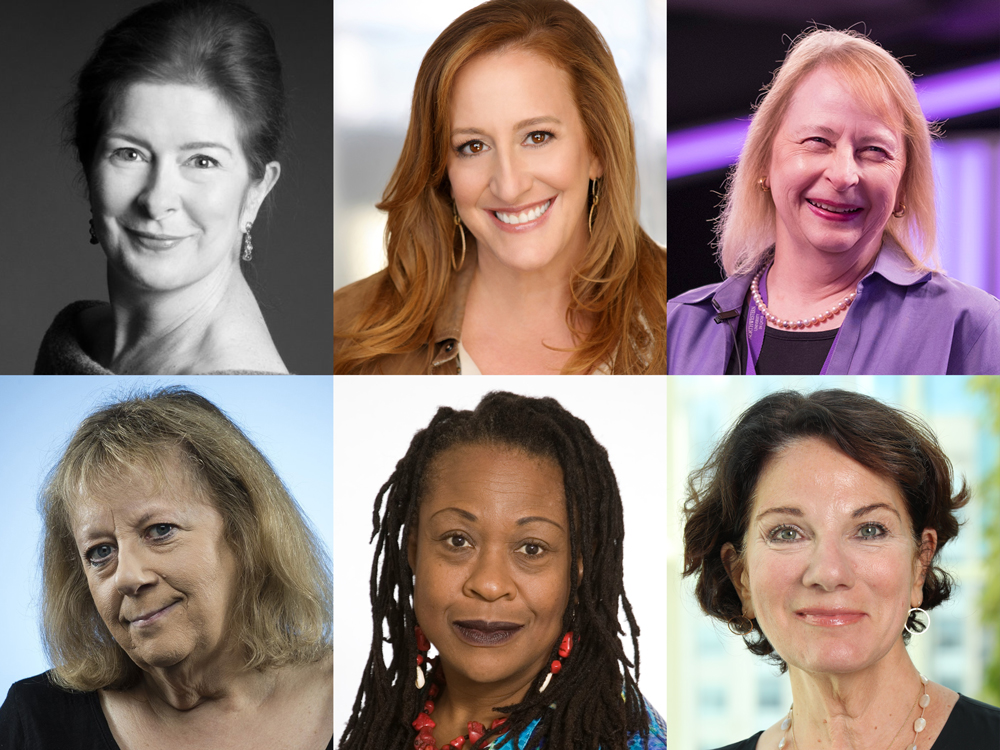
 Jeanie Caggiano is an executive vice president and executive creative director at Leo Burnett Chicago. Currently, she is the lead for UnitedHealthcare, UnitedHealth Group and Feeding America, among other clients. In addition to UnitedHealth, she is best known for her two Allstate campaigns: “Mayhem” and the “Our Stand” campaign featuring Dennis Haysbert. She has contributed writing to Disney, McDonald’s, Hallmark Cards, Kellogg’s, Kraft, Procter & Gamble and Morgan Stanley. In February 2019, the women’s media group She Runs It (formerly Advertising Women of New York) named Caggiano a “Trailblazing Mother” at the Working Mothers of the Year awards.
Jeanie Caggiano is an executive vice president and executive creative director at Leo Burnett Chicago. Currently, she is the lead for UnitedHealthcare, UnitedHealth Group and Feeding America, among other clients. In addition to UnitedHealth, she is best known for her two Allstate campaigns: “Mayhem” and the “Our Stand” campaign featuring Dennis Haysbert. She has contributed writing to Disney, McDonald’s, Hallmark Cards, Kellogg’s, Kraft, Procter & Gamble and Morgan Stanley. In February 2019, the women’s media group She Runs It (formerly Advertising Women of New York) named Caggiano a “Trailblazing Mother” at the Working Mothers of the Year awards. Cindy Chupack has won two Emmys and three Golden Globes as a TV writer/producer whose credits include “Sex and the City,” “Better Things,” “Divorce,” Modern Family,” “Everybody Loves Raymond” and most recently, Showtime’s darkly comic hour, “I’m Dying Up Here.” In 2018, she directed her first episode of television for “I’m Dying Up Here” and her first feature, OTHERHOOD, starring Angela Bassett, Patricia Arquette and Felicity Huffman.
Cindy Chupack has won two Emmys and three Golden Globes as a TV writer/producer whose credits include “Sex and the City,” “Better Things,” “Divorce,” Modern Family,” “Everybody Loves Raymond” and most recently, Showtime’s darkly comic hour, “I’m Dying Up Here.” In 2018, she directed her first episode of television for “I’m Dying Up Here” and her first feature, OTHERHOOD, starring Angela Bassett, Patricia Arquette and Felicity Huffman. Mary Dedinsky is the director of the journalism program and associate professor in residence at Northwestern University in Qatar (NU-Q). A long-time editor and reporter, Dedinsky was the first woman to be named managing editor of the Chicago Sun-Times. At the Sun-Times, she was also an education reporter, investigative reporter, editorial writer, metropolitan editor and director of editorial operations. For her work at the Sun-Times, she was elected to the Chicago Journalism Hall of Fame. She has twice served as a Pulitzer Prize juror.
Mary Dedinsky is the director of the journalism program and associate professor in residence at Northwestern University in Qatar (NU-Q). A long-time editor and reporter, Dedinsky was the first woman to be named managing editor of the Chicago Sun-Times. At the Sun-Times, she was also an education reporter, investigative reporter, editorial writer, metropolitan editor and director of editorial operations. For her work at the Sun-Times, she was elected to the Chicago Journalism Hall of Fame. She has twice served as a Pulitzer Prize juror. Helene Elliott was the first female journalist to be honored by the Hall of Fame of a major professional North American sport when she was given the Elmer Ferguson award by the Hockey Hall of Fame in 2005.
Helene Elliott was the first female journalist to be honored by the Hall of Fame of a major professional North American sport when she was given the Elmer Ferguson award by the Hockey Hall of Fame in 2005. Maudlyne Ihejirika is an award-winning Chicago Sun-Times urban affairs columnist/reporter with 30 years of experience in journalism, public relations and government. Recently named among the Power 25, an annual ranking of the 25 most powerful women in Chicago journalism, she earned a B.A. in journalism from the University of Iowa before attending Medill. She currently writes the Sun-Times “Chicago Chronicles,” long-form columns on “people and places that make Chicago tick.” She is the author of “Escape From Nigeria: A Memoir of Faith, Love and War,” a tale of her family’s survival of the brutal Nigerian-Biafran War, and miracles that brought them to the U.S.
Maudlyne Ihejirika is an award-winning Chicago Sun-Times urban affairs columnist/reporter with 30 years of experience in journalism, public relations and government. Recently named among the Power 25, an annual ranking of the 25 most powerful women in Chicago journalism, she earned a B.A. in journalism from the University of Iowa before attending Medill. She currently writes the Sun-Times “Chicago Chronicles,” long-form columns on “people and places that make Chicago tick.” She is the author of “Escape From Nigeria: A Memoir of Faith, Love and War,” a tale of her family’s survival of the brutal Nigerian-Biafran War, and miracles that brought them to the U.S. As chief marketing and communications officer for Lurie Children’s Hospital, McIlwain leads marketing for the hospital and Lurie Children’s Foundation as well as all media relations and strategic communications. Her team is responsible for all owned, earned and paid media, CRM and direct marketing efforts, annual giving physician marketing and driving awareness, preference, volume, donations, reputation and reach for the top-ranked children’s hospital.
As chief marketing and communications officer for Lurie Children’s Hospital, McIlwain leads marketing for the hospital and Lurie Children’s Foundation as well as all media relations and strategic communications. Her team is responsible for all owned, earned and paid media, CRM and direct marketing efforts, annual giving physician marketing and driving awareness, preference, volume, donations, reputation and reach for the top-ranked children’s hospital.